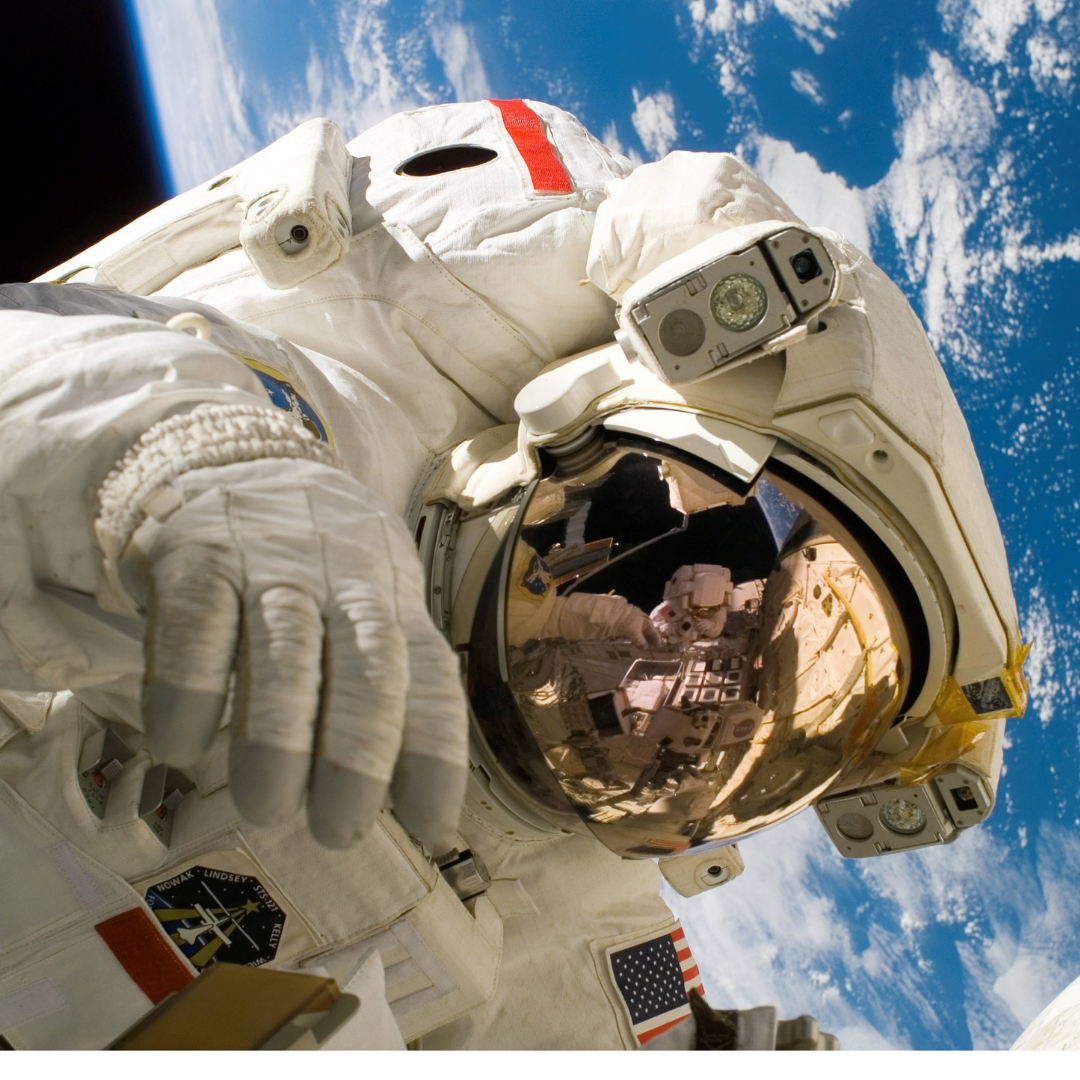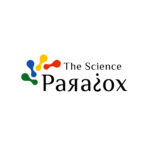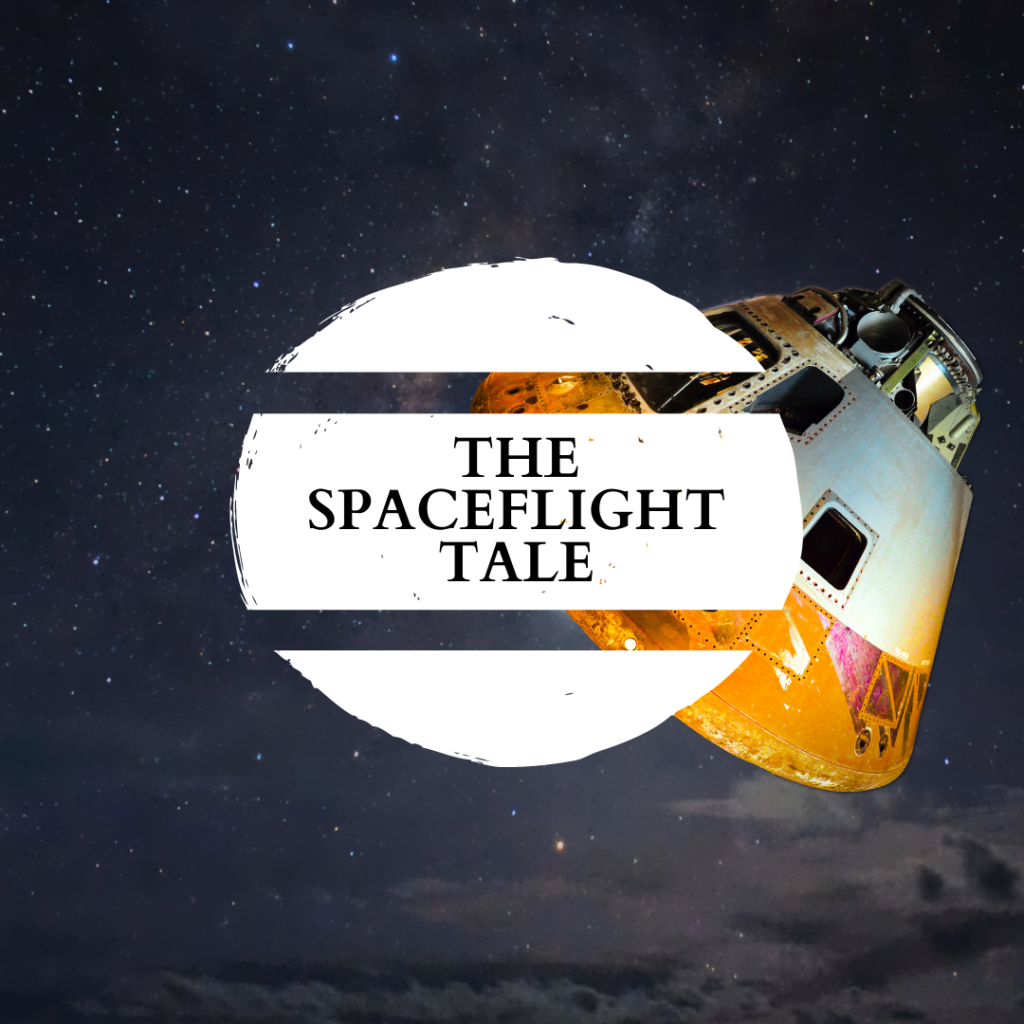Hey! Hi Guys!

I am Susan Federer, an astronaut who recently landed back from the International Space Station. I was a part of a team of 7 scientists who explored life in outer space and conducted a few experiments about space and earth sciences. Well, it was one hell of a dream come true; to be a part of the ‘CONQUERER’ mission to ISS. Ever since I had known there’s a world outside my world, I had a desire to see it, and here I am, distorted yet blooming with happiness!
Um… by distorted I mean —
Buzz… Buzz… (The intercom rings)
A bunch of excited voices: Hello Ma’am, we are from an Indian science magazine called ‘The Science Paradox.’ We had an appointment with you for the interview.
Me: Oh! please come in.
Whoops! I guess they are here… This team of young and potential researchers from a magazine in India wanted to know about my little space adventure, and I can’t wait to share my experience! Come, let’s meet them.
Me: Hello! It is a pleasure to have you over! Shall we begin with the work?
The Science Paradox Team: Sure, Ma’am!
Me: Come on then, leave that hesitance behind and shoot your curiosities at me!
The Science Paradox Team: So, how has it been? Beginning with, how did it feel like gushing out of our planet?
Me: Well, it feels like travelling at insane speeds; when you look out of the window, everything feels like being left behind-fast forwarded at like 1000x. The weightlessness begins to creep in, and if not for our seat belts, we’d have been flying and bumping into the walls of the spacecraft! The nausea is the most common experience; it is more or less persistent throughout the flight. Going to space can also be provocative. For the last few minutes of ascent, we were subjected to acceleration levels that were 3-5 times that of normal Earth gravity. The direction of acceleration is through our chests. That wasn’t very uncomfortable; rather, it merely took a little more effort to breathe. The body gets quite confused precisely, but the human body has remarkable adaptability. Believe me, all those months of training are nowhere close to the real experience. But I would say the eyes filled with amusement and the chest filled with pride kinda overshadows all of it.
The Science Paradox Team: That sounds just wow! We are totally amazed! But we have read innumerable articles on how the bodily functions and body parts are interrupted and distorted during the stay in outer space. Tell us something about that? We surely need a first-hand review on that.
Me: Ah, don’t remind me of it, I still have my hospital visits lined up the entire time, and to be honest, it is literally a ‘pain in the ass’ to even sit after landing back!
Anyway, everything comes with certain pros and cons and mind it, anyone here would trade anything to be on that spacecraft, so yeah, it is pretty much worth it. Isn’t it?
(The Science Paradox Team nods in positive; grinning)
Me: So, starting with when we take off and reach outside the Earth’s gravitation pull. As soon as the main engine is cut off, you feel weightless, and the brain is all lost, catching up with the odd signals from our balance system, ultimately leading to dizziness and nausea, as I have mentioned earlier as well. Microgravity releases a larger portion of the stresses on our body during our stay on the Earth, leading to Bone Deformations. Calcium is excreted out in enormous amounts, and we ought to take osteoporosis drugs and supplements for Vitamin D and calcium to save our bones! On Earth, body fluids are concentrated at the lower extremities of the bodies. However, in the absence of gravity, the body fluids are evenly distributed, causing puffiness of face and increased brain pressure due to excess cerebrospinal fluid. This, in turn, causes flattening of eyeballs and Oh! By the way, Dear Flat Earthers, the Earth still doesn’t appear FLAT. Duh!
The immune system suffers a lot due to improper activation of T-cells. The Vestibular apparatus of the ear is affected badly, causing hearing losses and even problems in balancing our bodies. The excess radiation to which we are constantly exposed can increase the chances of future occurrences of cancer or cataracts. Muscle atrophy is common, mostly since protein synthesis is slowed down multiple times; however, protein decay levels remain unaffected. Supplements and medical assistance is always provided to us to combat most of these effects.
The Science Paradox Team: That’s way too much dedication and sacrifice for one’s job, but I guess totally enough for one’s passion. We have this one last question, how do you feel about all of this?
Me: The experience of space travel is totally life-changing; when you see your beloved Earth spinning as a mere bluish ball, it strikes you hard that that’s your home, and you miss it!
Many people may not know or may not acknowledge that even though space travel and exploration are harsh on our fragile human bodies, it has brought revolutions in the field of science. And despite all of the underlying issues, I would never leave a chance to go back into that serenity once more.
Author:

Ayushi Kulshrestha
An astrophile blogger and a compulsive procrastinator who produces phenomenal results under stress. She is a Zoology Major at Fergusson College and plans to pursue a Masters in Business Administration for her Post Graduation. Although a weird combination, she houses all the grace to carry it. Loves to explore the Cosmos and write about it on her blog: https://thesapientsapien.wordpress.com/

